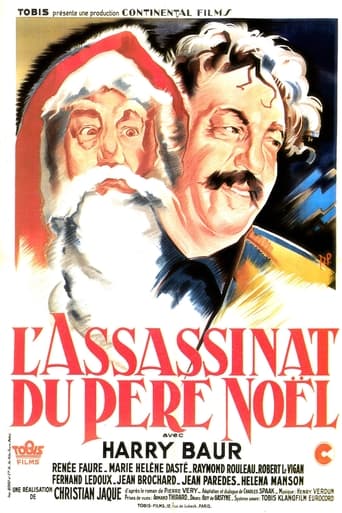


Who Killed Santa Claus?
A village in the French Alps is rocked by a series of crimes, including the theft of a sacred ring and the murder of a man dressed as Père Noël (Father Christmas).
-
- Cast:
- Harry Baur , Renée Faure , Robert Le Vigan , Raymond Rouleau , Marie-Hélène Dasté , Jean Brochard , Marcel Pérès


Similar titles
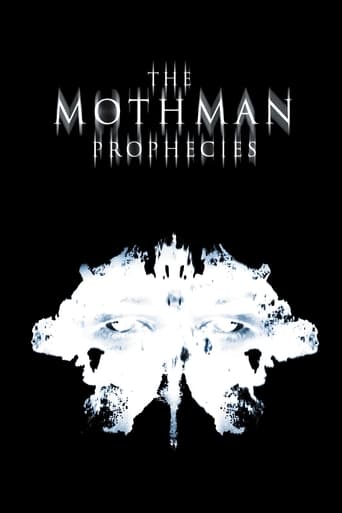
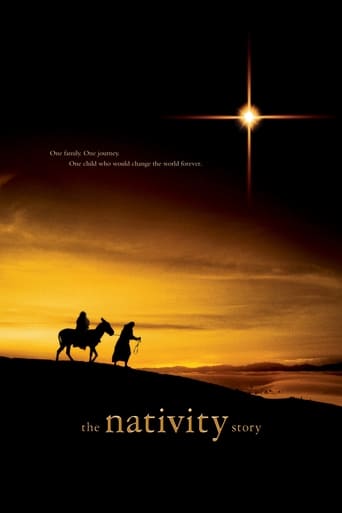
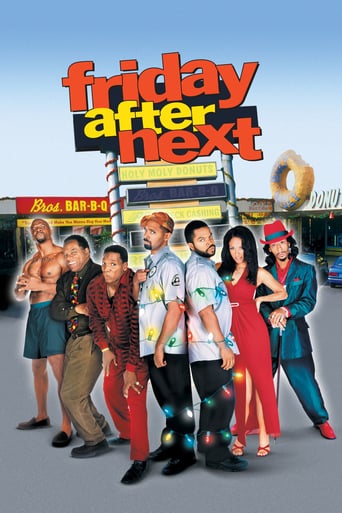
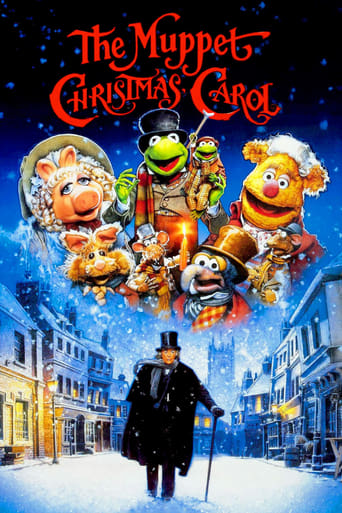
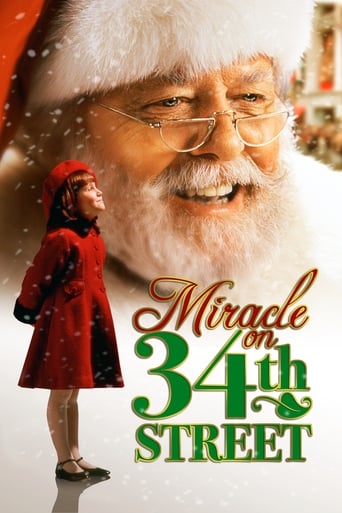
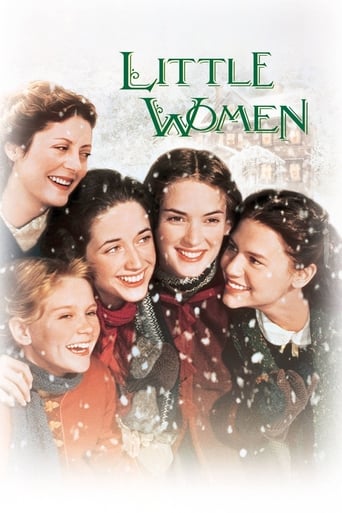
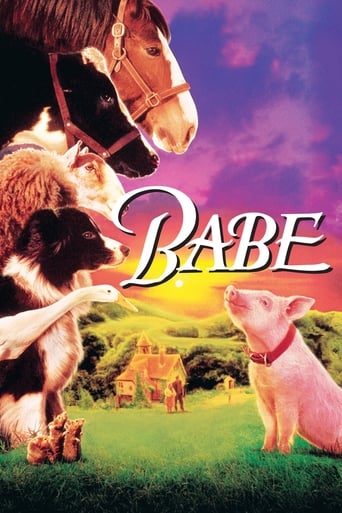
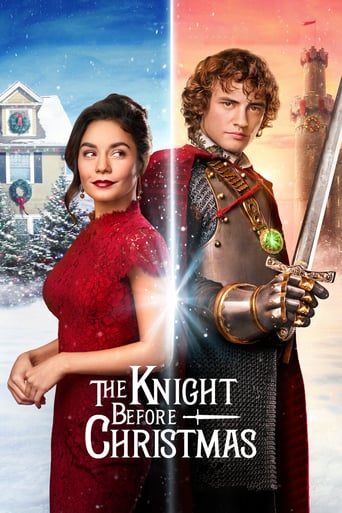
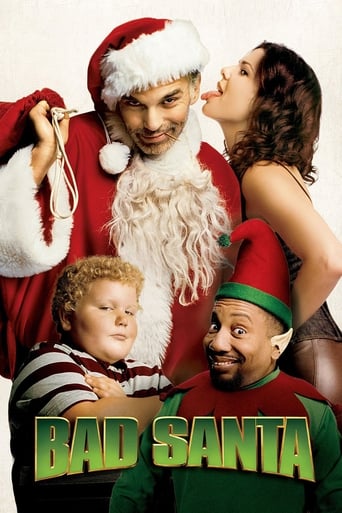
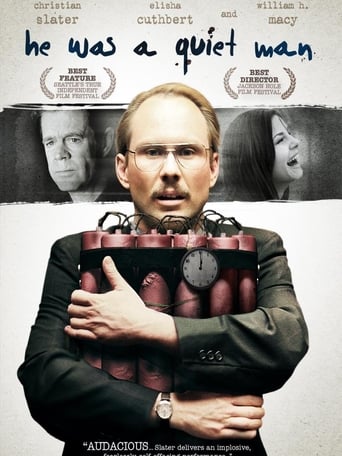
Reviews
Good story, Not enough for a whole film
Ok... Let's be honest. It cannot be the best movie but is quite enjoyable. The movie has the potential to develop a great plot for future movies
what a terribly boring film. I'm sorry but this is absolutely not deserving of best picture and will be forgotten quickly. Entertaining and engaging cinema? No. Nothing performances with flat faces and mistaking silence for subtlety.
There are moments that feel comical, some horrific, and some downright inspiring but the tonal shifts hardly matter as the end results come to a film that's perfect for this time.
"L'assassinat du Père Noël" opens with an act of defiance, the village school teacher Villard announces to the onlooking children that there are two ways to be successful in life, either through one's own hard work ("propre industrie") or the imbecility of others ("l'imbécillité des autres"). This is a slightly bemusing point decades later without the context that the film was released in 1941, during the German Occupation of France. It is one of those breath-taking moments you see in films of the Occupation where someone essentially risks their life to defy the Nazi death cult (another is a sotto voce mocking of the Nazi salute at the end of "L'assassin habite au 21"). Here "imbecility of others" would appear to be referring to the support of the people for the rise of popular fascism. The censors appear to have been too square to notice any of this. There is further poignancy when you realise that one of the stars of the movie, Harry Baur (as Cornusse/Santa Claus), was tortured to death by the Gestapo very shortly after this film was made.The plot is about a snow globe village at Christmas, and you know that given the title of the film, and indeed if you were a cinema-goer at the time, from the movie posters, that Santa Claus or someone dressed as him will be murdered. Who killed him, the Baron who has mysteriously returned after many years, or one of the various "pillars of the community" we are introduced to. It is a noir film for sure, the village in claustrophobic, snowed in, the atmosphere is thick, which bits are as they seem? Is fair foul or foul fair to borrow from Monsieur Shakespeare.It doesn't really matter whodunit, not to me anyway, and so I wasn't bothered by the quick wrap up at the end of the movie. The main theme of the film for me was truth and fantasy. The teacher Villard is a commie and a freethinker, not of the obviously deplorable kind, he has a lukewarm heart as well. But his search for the "truth", who he is the champion for is ridiculed by the events of the movie, although he is a "freethinker" his thoughts are obviously not free enough to realise that Catherine, championing fantasy, is almost completely unmoved by his wooing, and indeed that the reason for this is that they are no match at all. Perhaps the truth is like the white vermouth he habitually orders in the bar, not a particularly palatable drink. Perhaps the primary motivation for exposing the truth, is a deep-seated hatred. However the movie is even-handed, there are perils to fantasy as well, Cornusse and his cockamamie stories, for all their charm, mess with the heads of the children, as you evidenced by the bitter speech of the Baron, who heard them in his turn, and was led by them into misadventures. Catherine at one point talks of wanting a knight in shining armour husband who will kill any other man who looks at her, romantic fantasy can be pathetically cruel.The encirclement of the police near the end of the movie is perhaps a message to the audience to hold tight, the world is coming to save us. There are hints throughout that even greater themes are lying just between the surface of the film, which plays with narrative and explores the nature of narrative (a paradoxical falsity that allows us to believe we have made sense of things) marvellously well. The two old men playing Belote may be our only gods.
Although some actors are a little too 'pushy' on the drama side, the camera shots are excellent. Harry Baur is indeed excellent, along with Raymond Rouleau and Fernand Ledoux. While Renée Faure, M-H Dasté and Le Vigan's performance are a little "too much" for my taste and the genre of the movie. The "over-doing" breaks the pace of the movie.The early version of the French Santa Claus (Père Noël) is very charming.Made under German occupied France in 1941, I find this movie remarkably done. Especially considering that the Gestapo tortured Harry Baur to death a couple years later.Astonishingly enough, the children in the movie are performing quite well. The cameo from Bernard Blier is also memorable toward the end.I recommend this movie to all French movie lovers, now available on DVD under the "René Château" label. PAL, Zone 2, if your player can accept it.
This has the dubious distinction of being the first release of the infamous Continental Films and top-billed Harry Baur also has a distinction but one I feel sure he would have been happy to waive, that of being the first major French actor to be tortured to death by the Gestapo within months of shooting this fine movie. Baur was a veteran actor who made his first film in 1909 and was an early - if not actually the 'first' Maigret and he graced many (77 but who's counting) fine French films with his presence. Those who have seen Bertrand Tavernier's masterpiece 'Laissez-Passer' which was set in Paris and specifically featured Continental will take extra pleasure in seeing an actual product of the company (Douce is another that should not be missed). Pere Noel is now available on DVD and I have to say that the quality is excellent. Cynics may question a 'village' in the Savoy Alps that boasts chateaux like the one here in which we half expect to see Errol Flynn duelling with Basil Rathbone such is the scope and magnificence of its great stone-flagged floors with at least one fireplace as big as the White Horse Inn. I tend to agree with the viewer who stated that the plot is flimsy and is far outclassed by the atmosphere, which is terrific though again one may wonder how a globe-maker would make a living in a remote Alpine village. These things to one side the film is a joy and though It is very doubtful whether any of the fine actors - with the exception of Baur and Fernand Ledoux - would have been known outside France even in 1941 let alone today that is one more pleasure to savour, making the acquaintance of actors who were once only names in Reference Books. This is one I'll watch again.
This was the first film that the Nazis allowed to be made in France after the occupation and installation of the Vichy government. Many denounced its director as a collaborator because he made a film sanctioned by the Nazis. But to the discerning eye, this unusual film does anything but cooperate with the enemy.In its fairy-tale setting, the various characters appear as symbols in a constantly shifting allegory of good and evil. The literal-minded Nazi censors apparently didn't get the message, because any particular character might appear in one scene as a symbol of the collaborators, and in the next as a loyalist and supporter of resistance. Even as the symbolic alignments shifted too rapidly for the Nazis to detect them (much the way resistance fighters themselves often had to) the message of hope and patriotism and faith remained quite clear.The story concerns an old globe-maker who is mysteriously killed while going through the town portraying Pere Noel ("Father Christmas" aka Santa Claus). The unraveling of the mystery is entwined with a love story concerning an aloof nobleman who might be a scoundrel, or might be Prince Charming. But the story is little more than a pretext for the message and the pervasive sense of magic that the film weaves.;Of special note is the performance of Harry Baur, the famous Yiddish actor, as the Globemaker. His subtly Jewish Santa Claus is, in and of itself, a bold act of resistance. This was the next to last film Baur made. He was soon taken prison by the Nazis and reportedly died at the hands of the Gestapo.I saw this film in 1980 when the Cinematheque Francaise sent a huge program of films to Los Angeles in collaboration with UCLA and The L.A. County Museum of Art. I do not know of it being shown in this country since. I have heard of an untranslated VHS of it being in existence, but I have been unable to find it. Do not miss this film if you are afforded a chance to see it.
